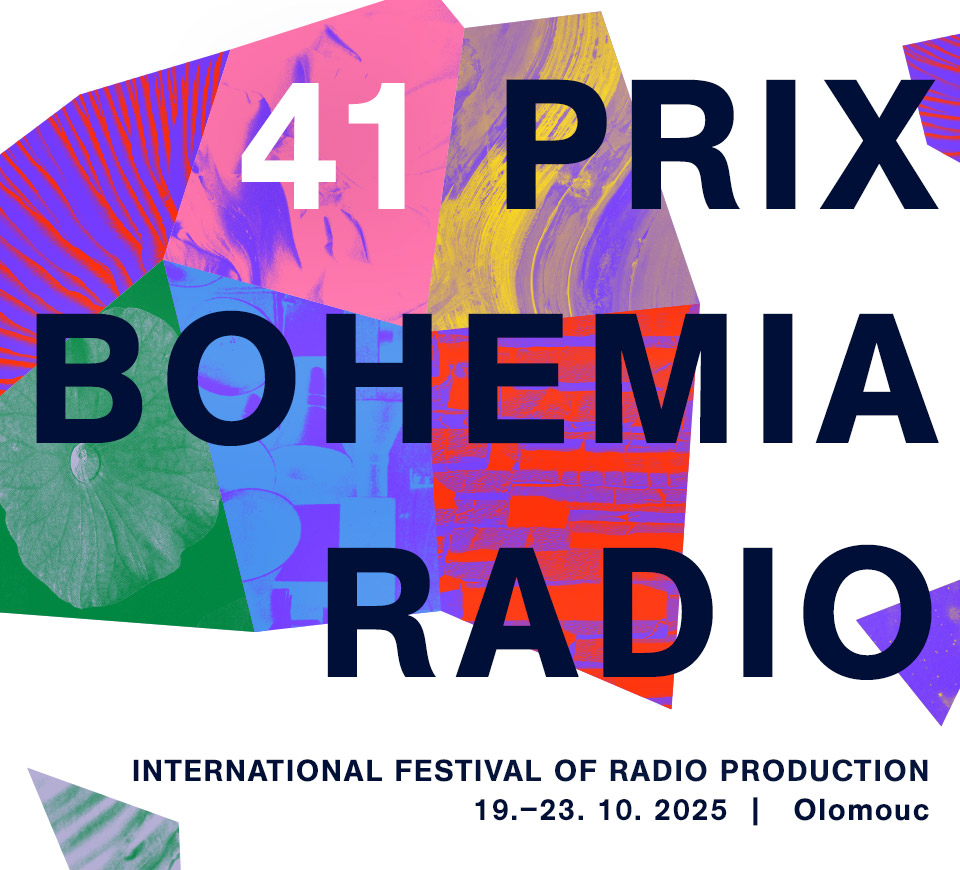In the future, acting in radio plays will cease being so naive, explicit and conventional, says Natália Deáková
Natália Deáková graduated from DAMU in theatre directing and currently acts as the artistic head of drama at J. K. Tyl Theatre in Plzeň. In January 2012 she started as a director at Czech Radio in Prague. In 2013, the play she directed, Conversations with Astronauts by Felicia Zeller, won 2nd place at Prix Bohemia Radio in the category Drama, for which she is serving as a juror this year. What demands should radio work place on child audiences? And how will radio drama evolve in her opinion?
What is the most difficult part of evaluating works in the Drama category for a juror?
The most difficult thing is the fact that you have to take into account all components of the work. You have to abandon your own taste and try to be objective. The thing is each of us are governed by our own subjective mindset.
A student jury is also selecting a winner in the category. How are radio and radio plays important for the young generation?
I think that radio is very important for the young generation. However this medium is mostly associated with older people who grew up on it more than on television. But now I see that radio production is, through informal means, shifting more towards young people, which is good if it finds a new audience and listeners.
At the public listening there was a lot of talk about the play A Wizard of Earthsea. To what extent should work for children be challenging?
That naturally varies from child to child. There’s a difference between making something for five-year-olds and making something for twelve-year-olds. From my perspective, the way I know radio production, whether from the time I worked in radio or when I listen to it with my daughter, I feel that most work is focused on a younger audience. Or it slightly underestimates its listeners. That’s one of the reasons we chose A Wizard of Earthsea for the finals. It’s fine for things to be more challenging. We have to assume that kids have access to the internet, that they watch challenging films. For example, as was mentioned several times here, Harry Potter, which is essentially a work of horror. Kids today have thicker skins than radio producers used to think, because the situation today really is changing.

In what direction will radio plays evolve and advance? For example, we have seen works become more technically advanced.
Yes, that is exactly the direction that radio plays will go. The first thing is that in the future, acting will cease being so naive, explicit and conventional. Another thing is that plays will no longer be so modest with their sounds. In some older fairy tales, it’s really just, there’s a horse, there’s a mill, there’s a harp. Now the shift in the audio component can be seen the most - it should be more spectacular, attractive and vibrant.
What does this shift mean for the authors of radio works?
For authors it means being acquainted with what sound can do and how to work with it. Which most authors don’t know. Many of them write more theatrical works, subsequently imagining how they could play out on radio. But if an author is writing directly for radio, it requires a completely different approach.
What is your personal relationship to radio and radio plays?
It’s my hobby and a great love of mine. I really like radio because it supports the imagination, which in today’s overvisualised time is very necessary.

